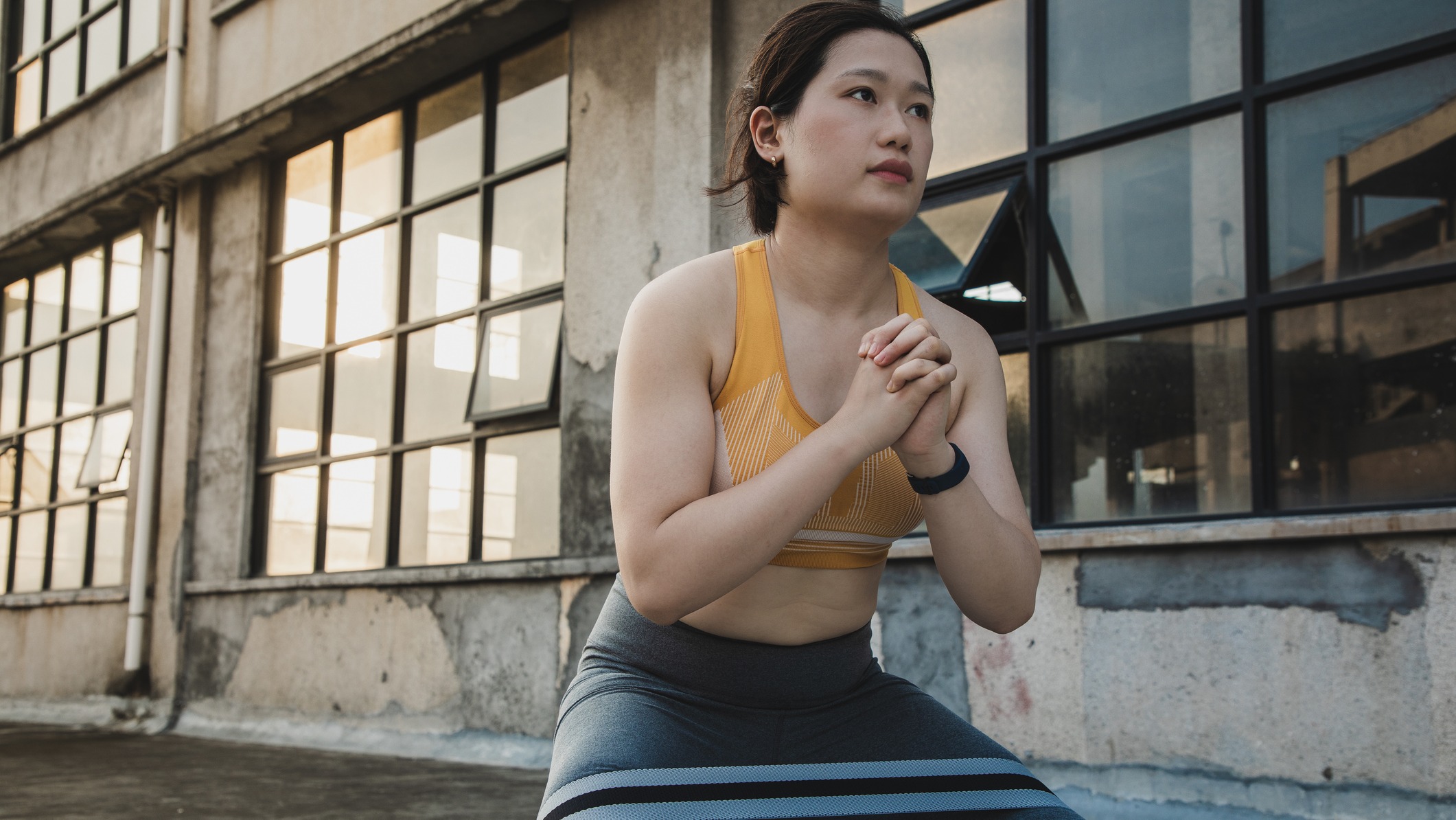
Lifting weights can be a great way to build muscle in the legs, but you don't need to sign-up for a weightlifting class or have a fully-stocked home gym to make impressive lower-body gains. In fact, all you need is a simple, easy-to-store piece of equipment: the resistance band.
The best resistance bands help you make the most of your own bodyweight, offering resistance that your body has to fight against, tearing the muscle fibers so that they grow back stronger.
They're perfect for home workouts, especially if you have downstairs neighbors who don't appreciate the sounds of dumbbells dropping on the floor. You can also get different strengths of resistance bands, to challenge you as you build muscle.
This session from fitness app WeGlow shows how versatile resistance bands can be. With just three moves, this routine will help you build seriously strong legs. The aim is to do 10-12 repetitions of each exercise, and repeat the three-move circuit four times for a full-body workout.
Watch We Glow's three-move resistance band workout
If you don't know how to squat, there are a few form tips to keep in mind that will prevent injury and maximize lower-body engagement. First, try to keep your chest upright and don't allow your back to round.
Start with your feet hip-width apart, or slightly wider if that feels comfortable. During the banded squats and the walkouts, ensure your hips drop further than parallel to the ground when in the squat position to engage your glutes and quads.
The resistance band should sit a couple of inches above your knees for the entire workout. If your feet are wide enough, you should feel the resistance as soon as you sit into the squat or step into the lunge.
If this feels too easy, opt for a heavier resistance band, which will help you progressively overload your workouts and build muscle. Plus, you can alternate this session with a resistance band arm workout to strengthen other areas.
If you're new to resistance training, you might feel the effects of these workouts in the days following. This is known as DOMs (delayed-onset-muscle-soreness). You can reduce the soreness by drinking a post-workout smoothie packed with protein,







